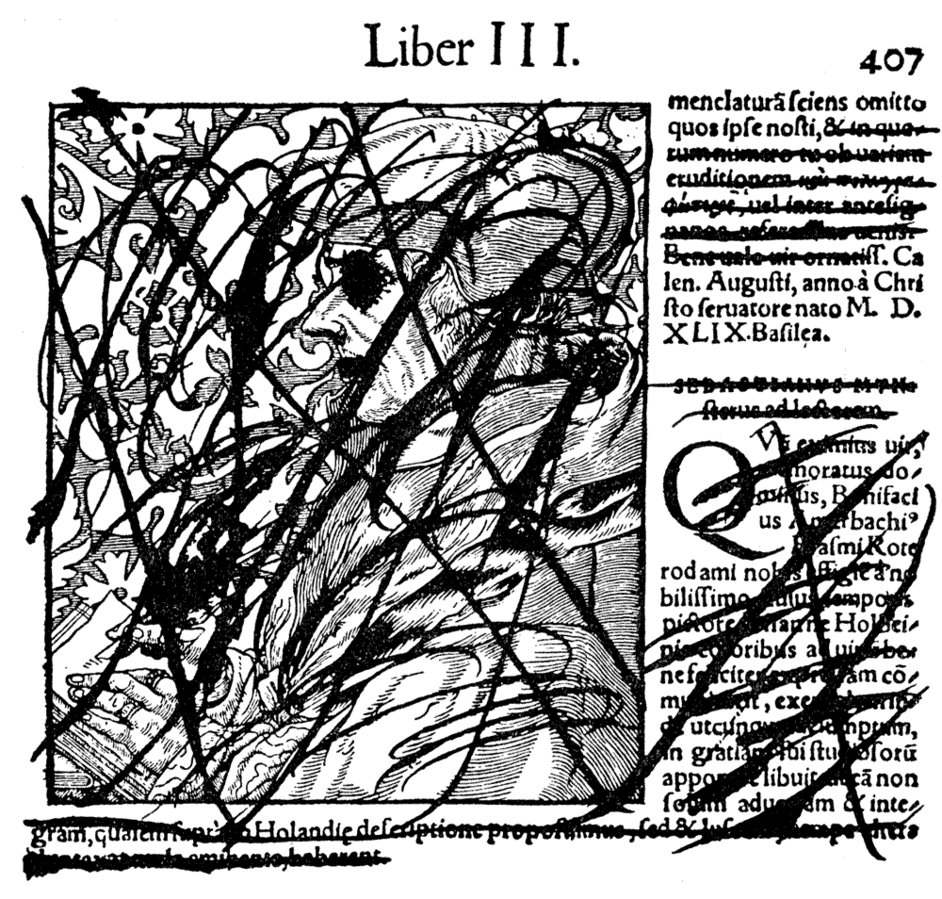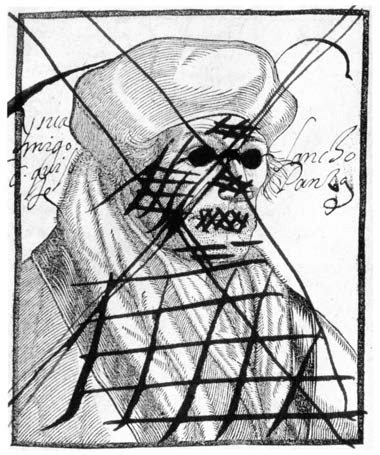
A Citizen of the World
In 1499 Erasmus left the priesthood adopting the peripatetic life as an independent scholar. His teaching was in great demand all over Europe including the Universities of Paris, Basel, Leuven, Freiburg and Cambridge. A committed internationalist, Erasmus was famed for his assertion “I am a citizen of the world, known to all and to all a stranger”.
Erasmus the Scholar
Known as the ‘Prince of the Humanists’, Erasmus was the greatest scholar of the Northern Renaissance. The quote that best sums up his scholarly obsession is, “When I get a little money I buy books; and if any is left, I buy food and clothes.” In the 1530s Erasmus alone authored over 20 per cent of all books sold in Europe, all of which were, after his death, placed on the Index Libororum Prohibitorum
Erasmus the Humanist
Although his scholarly work greatly influenced Reformation thinking he rejected Luther’s doctrine of Predestination. Erasmus’s book ‘On Free Will’ (1524), laid the foundations for a humanist scholarship that is still very much alive today. Erasmus believed that scholarly investigations should never lose sight of their principal humanist objective; the creation of a better world.
A Radical Moderate
Erasmus forged a via media between Luther’s Protestantism and the corruption that blighted the Catholic Church. Having taken what can be perceived as a ‘moderate’ position, between two extremes, his writings were nonetheless radical insofar as they were ‘critical’ of the power of both churches. One such controversial observation was that when you go to church, you don’t get access to the ‘spiritual’ or the ‘divine’, instead, you get ‘church’. He was also sceptical towards the Bible, not of its Divine authority, but rather as a work of human translation. He sought to remedy this by undertaking his own translations, drawing upon his mastery of both Latin and Greek.
With these assertions his early political ideas emerged, and the ‘power’ of the church, rather than its spiritual foundations, became a privileged object in the theological gaze. Needless to say that despite his success during his lifetime, and his open criticism of the Protestant Reformation, Erasmus’s books were banned by the Catholic regimes that followed.
After his death his books were policed and defaced by the Spanish Inquisition
Legacy
Inspiring great philosophical figures such as Spinoza and Leibniz, Erasmus turned down a number of well paid teaching positions in some of Europe’s most prestigious academic institutions in order to live and travel freely as an independent thinker. His contribution to the fields of theology, pedagogy, philosophy of language, and political thought were to become a major influence on the European Enlightenment two centuries later. His life as a travelling scholar has inspired the educational exchange programme that bears his name. His greatest legacy, however, is his dedication to humanist scholarship. The central pillars of love and compassion that pervade the works of Erasmus are now more than ever, essential elements in any academic investigation, the aim of which is the creation of a better world.
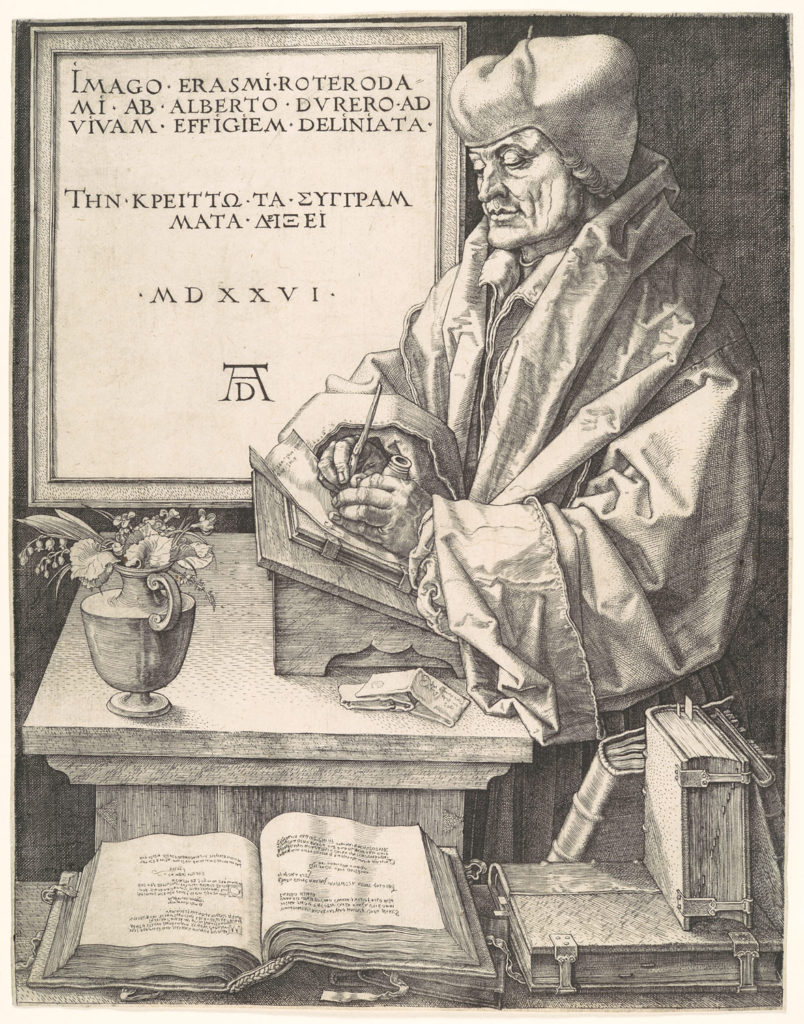
Erasmus at work
Portrait of Desiderius Erasmus by Albrecht Dürer, 1526.
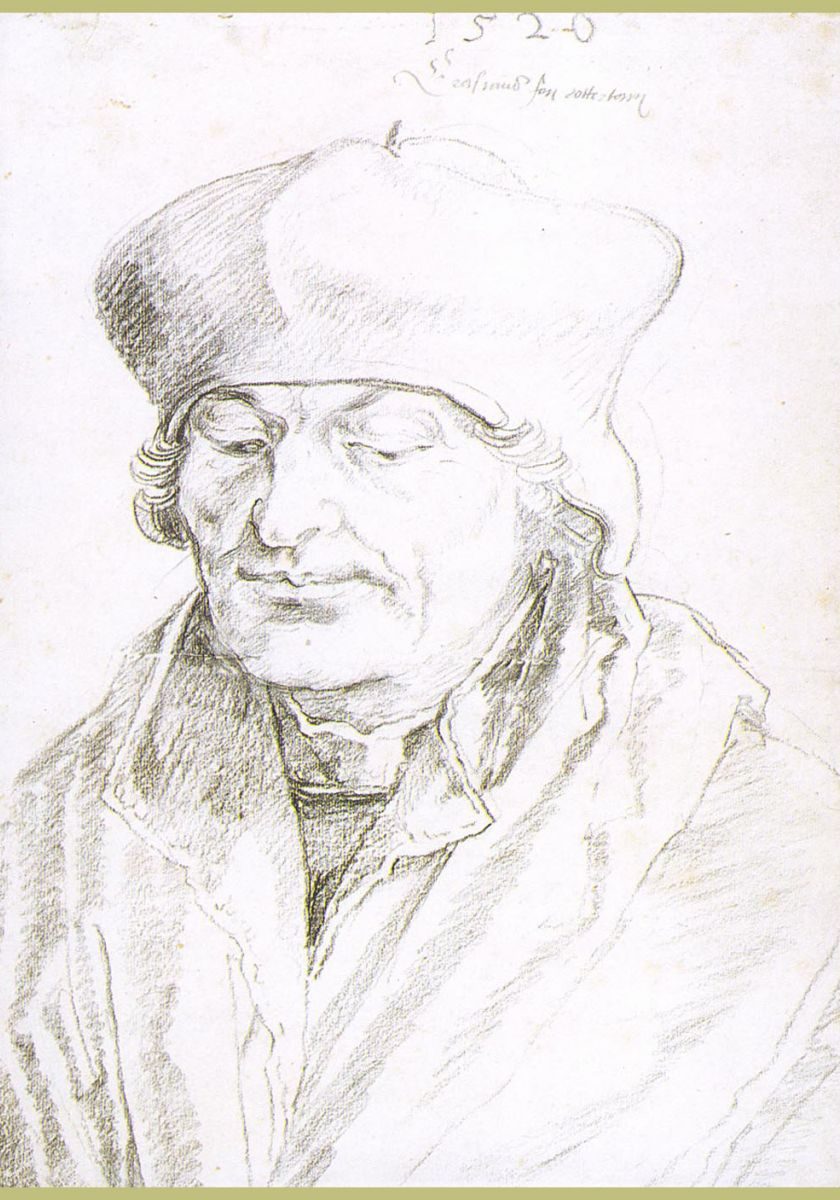
Portrait of Desiderius Erasmus
Portrait Erasmus by Albrecht Durer, 1520, Louvre, Paris
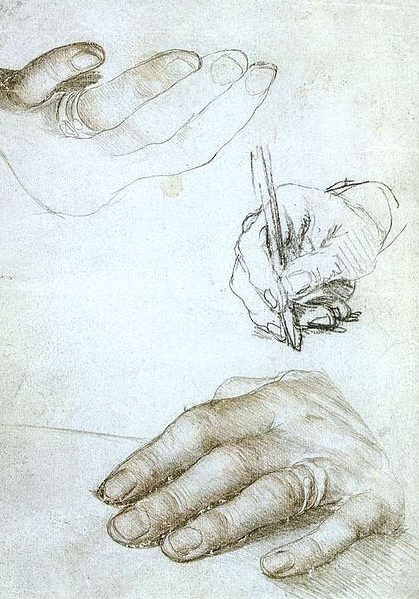
Erasmus’s Hands
Holbein’s studies of Erasmus’s hands, 1523, Louvre, Paris.
for a better world…
Our ethos is simple and frames everything we do. Academic investigations and scholarly endeavours must never lose sight of their main objective; the creation of a better world.

